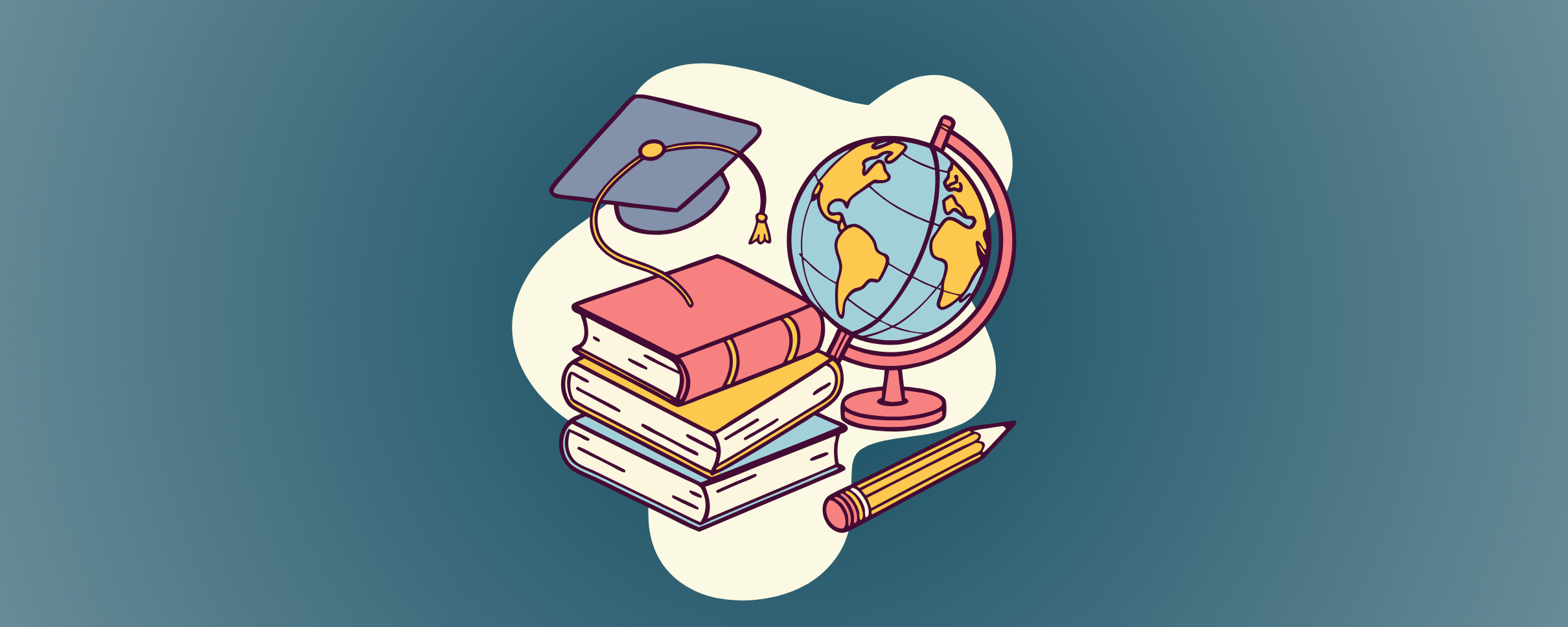Many students who appear to be unmotivated are in fact frustrated, having lost a sense of their inherent ability to accomplish tasks. Frustration can lead to a loss of self-efficacy, which can lead students to check out or lose interest. “I don’t believe I’m going to succeed” can morph into “I couldn’t care less” or “this is stupid.” Scratch the surface of a student who doesn’t care, and you’ll often find a student who used to care very much, but has decided it’s a safer bet not to try than to risk embarrassment or further degradation of one’s belief in oneself.
In many cases, the unmotivated need some success to rekindle the flame of motivation. They need to see that their energies and efforts will yield positive outcomes, not expose their areas of weakness. A lack of past success frequently has nothing to do with intelligence or ability, but has everything to do with organization, strategy, planning and follow-through – all of which require strong executive function skills.
Teach a student how to skillfully marshal their resources, manage their environment, plan and prioritize, inhibit distractions and sustain focus, and you’ll give them the tools to achieve success in the academic domain and beyond.
When students learn to become more reflective and more curious about what they need to succeed, they can begin to take greater ownership of their academic outcomes. Students may need support and coaching in a variety of areas, including :
- How to estimate how long things will take
- How to track and manage time
- How to advocate for themselves and get help when they need it
- How to build in breaks and build work environments that optimize focus and attention.
Find the area where the students are weak and begin to deploy new strategies and implement new systems. Better systems and consistent habits solve for many executive functioning deficits.
When my team and I provide Executive Function Coaching for our students, we assess current skills and then build better systems in the following areas:
Goal-setting
It's important to meet students exactly where they are and help them set goals that are reasonable and attainable, which will be reinforcing for motivation.
For a student currently failing a class, attaining a goal of a 75 may be the first step towards shifting that student’s beliefs about themselves. Eventually that student may find their way to a B, and even an A, but the act of setting and attaining a short-term goal is reinforcing and builds a student’s belief in their ability to achieve. Moving from a 65 to a 75 and up to an 80, using skills and systems, can absolutely rekindle the flame of motivation. “What else am I capable of?” becomes the new inner narrative.
Success begets success, particularly when students are increasingly self-reflective and curious about what works and doesn’t work. Students learn to focus on how their choices and behaviors directly influence their outcomes. Moving past shame, they shift into more scientific thinking: Which interventions were effective, and what didn’t work so well? What can I try on the next quiz or paper or project?
Organization
Students can learn to better structure their planners/binders/electronic systems of organization. Students can have permanent places where assignments live, where homework is recorded, where key deadlines are captured. Smarter systems come to replace working memory, and they begin to do some big lifting towards successful goal attainment.
Planning
Students can learn not to simply jump into their homework, but to take the pause and consider everything they have to do, the time that is available, the breaks they will need along the way.
Time Estimation
Students can become more skillful at calibrating how long different assignments take. They may need to actually record their estimations before beginning a work/study session, and then check to see if their estimates were accurate. In this way, students learn to become better at recognizing how long things take.
Prioritization
Many students work, and work hard, but do the wrong things at the wrong time. Students need to focus on the most important tasks first, and to put the assignments with the greatest cognitive load first, rather than saving them when glucose stores are depleted and students are mentally cooked.
Task Initiation
Students need to know what they need before they dive into work. Some students need a quick workout before they start their work. Some need to get their environment set: phones in airplane mode, direct messaging feeds off. Some need music to help them focus, others chewing gum, a drink, a snack. Students may need to do some self-consequencing: if I finish this first chapter, then I’ll play for 20 minutes.
Inhibition of Distractions
Most students need to be conscious of the many distractions which can impede focus and deep work or processing. Phones and social media can get in the way of important work. When a friend pings your phone, it’s really hard to ignore. Students must learn to create some separation for work and play. Both are essential, but the timing and sequencing is key.
Goal Directed Persistence
Students need to have goals for each study session, as well as goals for the week and long-term goals for each class. Students can regularly refer to their goals to make sure they are tracking, and make adjustments as needed. Students may benefit from some self-rewards when they attain intermediate goals- celebrating the wins along the way. And when energy begins to flag, students need to know what their next move is. Do their bodies or minds need a break? Do they need some nutrition? Are they getting the sleep they need to provide the energy they need? When students set and attain goals for themselves, it absolutely rekindles motivation.
Metacognition
The more reflective students become, after successes and failures, the more they will take charge of their learning and academic outcomes. Students can learn to become much more reflective and aware of how their behaviors, their choices, their environment, impacts their outcomes and the attainment of their goals. Students can learn to build in this reflection time, and make it part and parcel of their routine. Stop and look at the paper before filing it away. What did I learn? What worked? What do I need to do more and less of? Did I really know the material or was I poorly calibrated? Reflective students are generally better students.
Conclusion
When students appear to need more motivation, in many cases, they simply need to hone their skills and learn to marshal the resources that are already available to them. Teach a student to plan, prioritize, follow-through and track their goal attainment, and motivation levels typically increase.
When executive function skills are strengthened, better grades typically follow, and formerly “unmotivated” students magically attain the elixir of motivation. For many students, if you build the skills, the will soon follows.





.webp)



